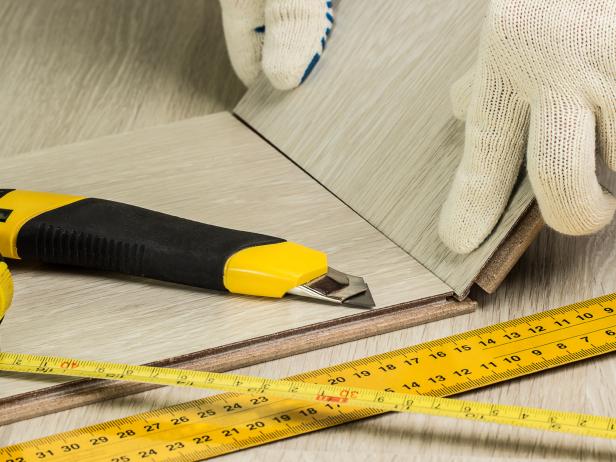The Basics of Green Pest Control
What Green Insect Control Is
Integrated pest management begins with discovering how and why a pest got in a home or structure. Experts in this field are experienced about the life process of bugs and their chosen nesting places. Therefore, they are able to utilize innovative insect avoidance techniques that are the least hazardous to plant life, residential or commercial property, family pets and people.
IPM uses sound judgment practices in coordination with ecologically delicate chemicals. For example, instead of utilizing hazardous chemicals to prevent the return of an insect, pest control specialists might install preventative materials such as brand-new doors and window screens, fresh caulking, brand-new door sweeps, and so on. The experts might also establish traps to learn more about additional locations a pest might live or install solar powered repellants as an alternative to utilizing harmful chemicals.

The Advantages of Eco-friendly Insect Control
Parasite control products that are environment-friendly are made of organic and all-natural active ingredients. In addition, these items are engineered to be naturally degradable as well as equally as effective as their non-green counterparts.
Eco-friendly insect management practices assist advertise the health and wellness as well as structure of plants, as they supply a naturally based option to chemical sprays. The control methods utilized in IPM are benign and also consequently lower the ecological danger usually connected with traditional pest management, such as ground water contamination. IPM also helps in reducing the risk of an invasion and also is an economical remedy.
How It Works
As opposed to shower a multi-reason pesticide everywhere on a swarmed property, IPM specialists utilize a procedure that sets an activity edge, screens the irritations so as to recognize them, keeps their arrival and utilization control strategies.
At the point when an activity limit is set, the expert figures out how substantial a pervasion is, the amount of a threat the irritations posture, and decides the kind of quick activity required.
At the point when an IPM proficient screens bugs, he is ensuring he is recognizing the irritation accurately. Legitimate recognizable proof of a nuisance guarantees the correct sorts of pesticides are utilized, however pesticides are stayed away from on the off chance that they are not required.
Anticipation of vermin attacks is one of the key segments to green irritation control. IPM incorporates recognizing and redressing issues that make a home or building inviting to bothers. Anticipation is savvy and does not chance the soundness of people or the earth.
In the event that bug avoidance strategies are ineffectual without anyone else’s input, control techniques are required. At the point when experts actualize a control strategy, they initially assess it for hazard and viability. Techniques that represent the minimum hazard, for example, traps or the utilization of pheromones to upset mating, are utilized first. On the off chance that the edges set up show these strategies are not powerful, the control procedure at that point moves to the utilization of pesticides in focused territories.
Green pest management
Green pest management is an environmental-friendly pest management that helps to control pests and reduces harmful use of pesticides. Pests like woodworms, longhorn beetles, fruit flies, spiders, termites and paper mites in the buildings degrade the carpets, leather, wood, cloth, food, utensils and so on. They can spread diseases, damage properties and contaminate food in our home. So, green pest management has been developed in buildings to avoid degradation and protect human health and surrounding environment. Green pest management is a relatively new concept. Its practices help to keep our building green. It includes sanitation, management, biological control, least toxic chemical pesticides and minimum use of chemicals and avoids killing of non-target species by spraying in target locations.

Exactly what to Look for in a Green Insect Control Company
The observation, avoidance and intervention approach to green insect control helps consumers have peace of mind understanding that evicting pests from the house does not suggest hurting the environment. Whenever you need the assistance of experts to assist with unwanted bugs, bear in mind that green bug management is the only approach that has both your personal and monetary wellness in mind.
Learn about the process and chemicals a company uses prior to hiring them. Some specialists use green bug control items at first and after that follow them with traditional chemicals, which you may not desire. An excellent eco-friendly pest control man should concentrate on utilizing quality items that are low or non-toxic rather than products that are the least costly, which are often highly hazardous. Furthermore, quality green pest control business inform their customers on the best ways to avoid the return of insect, help fix conditions that are inviting to them and offer to install pest-proofing materials.























